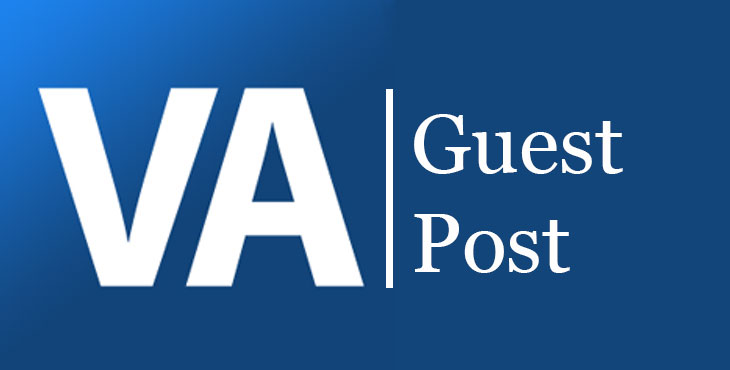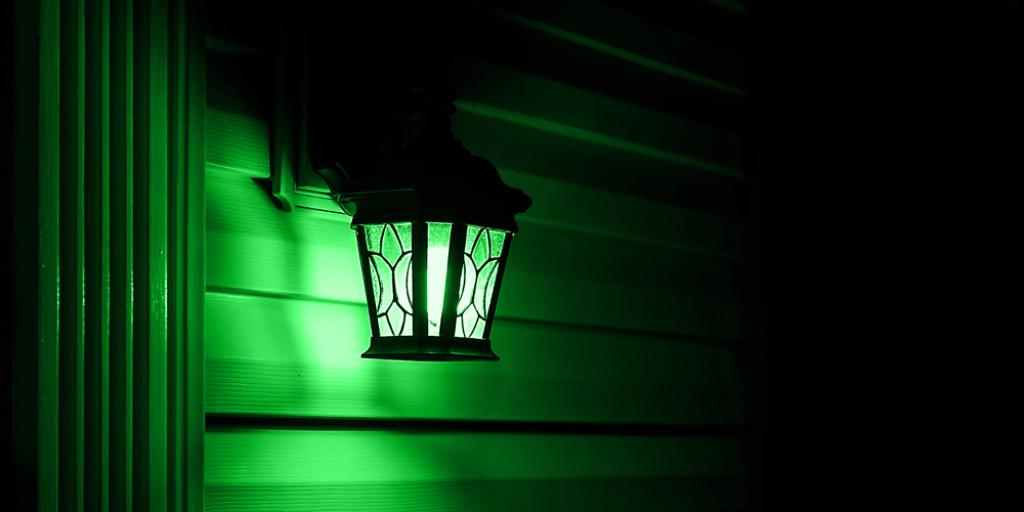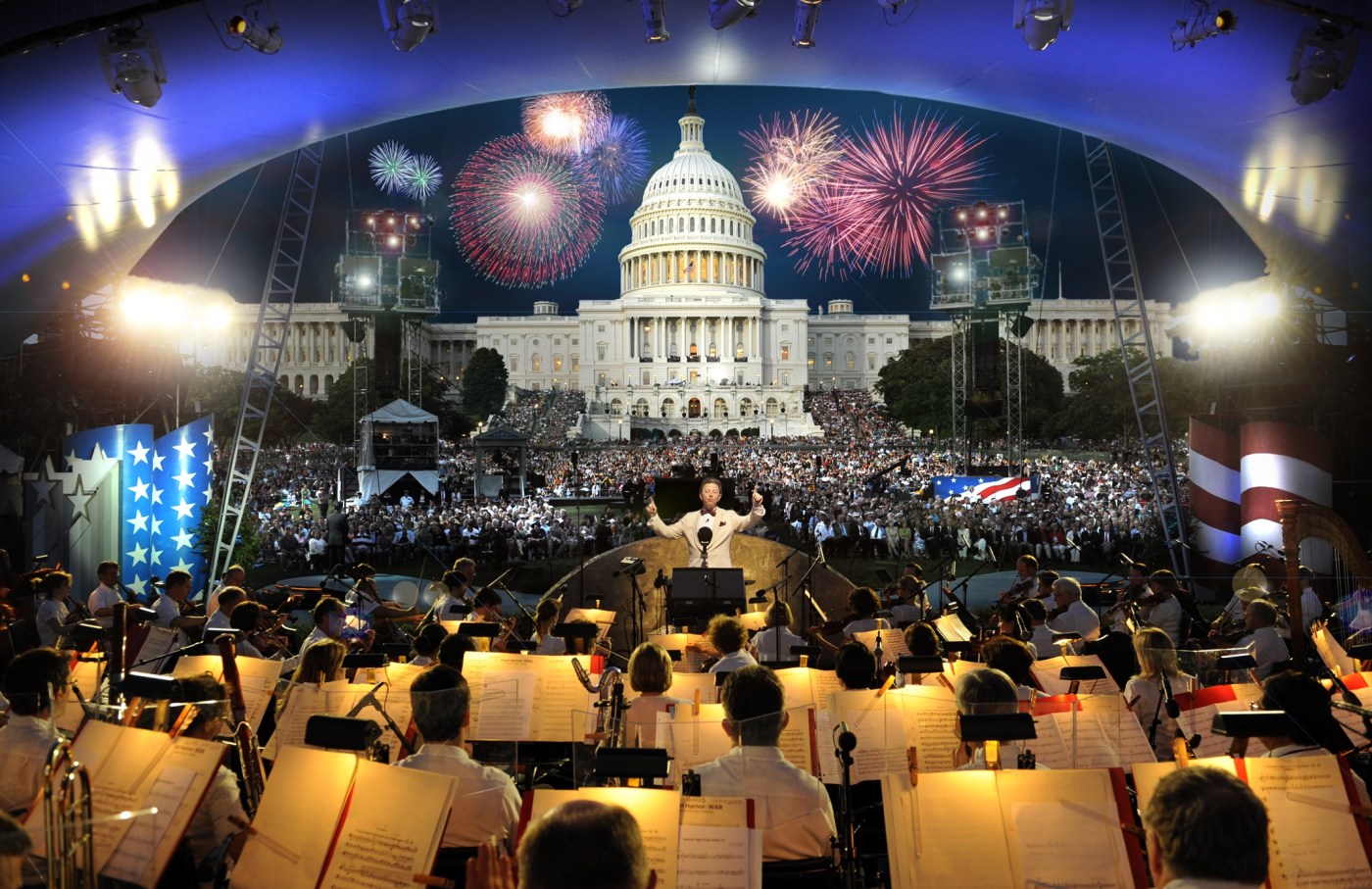None of the breakthroughs in VA Research would be possible without our Veterans who have volunteered to participate in research studies.VA’s annual Research Week presents a special opportunity for us to thank these men and women for their participation. It also gives us the chance to spotlight the work of VA researchers nationwide whose innovative work is generating new advancements and treatments that improve health care for Veterans and for all Americans.
From coast to coast this week, VA medical centers will be hosting a wide range of activities, including luncheons, poster sessions, open houses, presentations by researchers, and even quizzes. It’s really quite an extraordinary set of events—one that has grown each year by sheer volume, and in the many creative ways our local public affairs officers have developed to honor Veterans and researchers.
Here in Washington, we’ll host the fourth annual Research Forum in Room 230 of the VACO building. Our agenda is a full one. We’ll hear from VA leadership, and panels of investigators and Veterans who will talk firsthand about research such as using sophisticated methods of imaging to better understand brain disorders; integrating genomic technologies into everyday practice; and merging robotics with wheelchair technology to provide greater mobility for Veterans with spinal cord injuries.
Our theme this year, “Discovery and Collaboration for Exceptional Health Care,” is especially appropriate, and for many reasons. First, though VA’s research program is strictly intramural (meaning, our research funding goes only to investigators who are affiliated with VA), it is our collaborations that have enabled us to speed research findings from the realm of research to everyday clinical care. The theme is also appropriate because VA Research involves a wide variety of collaborations, from joint studies with our academic affiliates and federal partners, to public-private partnerships with biotechnology and pharmaceutical firms, all of which are featured during Research Week.
For example, this year, we celebrate an important milestone with our academic partners: the 65th anniversary of the signing of the historic document known as Policy Memorandum Number 2, which authorized affiliations between VA and the nation’s medical schools. For more than six decades, this Memorandum has served as the foundation for a remarkable and unique set of partnerships that has only grown, and become stronger over time. These partnerships have enriched the learning environment in VA facilities as well as university medical schools and teaching hospitals and spurred remarkable progress in medical research. They’ve also achieved far-reaching improvements in health care for our nation’s Veterans. You can learn more about these achievements in a new brochure and video.
Our Research Week celebration also coincides with a milestone in another longstanding relationship—this one with our colleagues at the National Aeronautics and Space Administration (NASA). Today, as Research Week begins, the U.S. space shuttle Endeavour is set for launch with a payload carrying VA research for two new vaccines. VA research has flown payloads related to vaccine targets on the last 10 shuttles and is scheduled to fly another payload on the final journal of the shuttle Atlantis this June. From the outer regions of space to the inner workings of the human genome, on Wednesday, we celebrate the national launch of another type of collaboration: the Million Veteran Program. Beginning with nine initial enrollment sites, MVP investigators hope to enroll one million Veterans over the next 5-7 years to better understand the connection between genes and health. You’ll be hearing about this important program in another blog this week by Dr. Timothy O’Leary, Deputy CRADO.
On Thursday, May 5, the day of the Research Forum, our focus turns to another one of our federal collaborations: our longstanding partnership with the Department of Defense DoD). Over the years, we have worked with DoD on initiatives focused on PTSD, TBI, burn injuries, amputation, and prosthetics, just to name a few areas. In fact, one of the most prominent examples of this partnership is the development and optimization of the high-tech DEKA prosthetic arm. Our latest joint effort, which we also are announcing this week, is a new guidebook written by our two agencies that focuses on collaboration in clinical health care.
I think you’ll agree it’s an exciting week of activities, and I hope you’ll visit our Web site to learn more.
Joel Kupersmith, M.D., is the Chief Research and Development Officer of the Veterans Health Administration, where he oversees VA’s vast medical research program. During his tenure at VA, advances have included the creation of a major Genomics program, establishment of a Central Institutional Review Board, improved communications to increase public and stakeholder awareness of VA research, increased collaboration with Veterans representative groups, academics and other partners, and increases and advances in comparative effectiveness research.
Topics in this story
More Stories
From Nov. 4 to 11, buildings and homes across the country will light up green to recognize the sacrifice and strength of our Veterans as they transition from military to civilian life.
Summer can be a joyful time of year, but some outdoor activities can be hard for some Veterans. In this guest post, former VA Secretary Bob McDonald shares resources and plans to navigate summer activities.
"A CAPITOL FOURTH" airs on PBS Thursday, July 4, 2024 from 8:00 to 9:30 p.m. E.T.








Its always been good to me haven’t had eny problems with them, but the Ferrari would be nice(hahahaha).
There giving out research dollars and NOT REAPING THE BENEFITS! We SHOULD OWN PART OF WHATEVER COMES OUT of OUR MONEY!
Thank-you VA for all you do for the Vets, I am married to a Viet-Nam vet, and I know, from what the VA has done for him, and my own and his experience with our non-military doctors, that a large amount of problems arise from non-compliance with your doctors orders and your prescriptions. So THANK-YOU to the people who take part in the studies, and to all the VETS who keep the rest of us safe.
I recently had a stroke and found out they won’t cover my bills, thanks for nothing, thats the thank you I get!
The VA won’t buy me a Ferrari! That’s the thanks I get, too! They obviously don’t support veterans, because I am a veteran and they won’t buy me a Ferrari.
Jeff- We should band together and expose this conspiracy! Ferraris and strokes provided for all veterans!
Seriously, the VA cannot provide every single service, device, medication, or compensation to every single veteran. Seriously. Why don’t you look into why they won’t pay, and be:
a) satisfied with their policy and explanation or
b)unsatisfied, which you have the right to be;
and then be quiet.
Strokes and Ferraris for all!!!
Dan take your meds. I appreicate what the VA does and all that they will do. The VA has taken very good care of friends and me.
I agree with you Rick. I maintain 100% compliance with my firm doctor’s orders and every other clinic that is helping me to maintain my health. I know of so many veterans that think they know more then their doctors know. Maybe Dan hasn’t figured out yet that these activities are a lot of help for many of us veterans. Or maybe he thinks that he’s the only veteran out there.
Too bad that there isn’t a “whiner” filter on here to filter out the posters who do nothing but whine about any and everything that they can.
motor mouth sarge, who’s whining?
Gee my comment was removed because it criticized “a wide range of activities, including luncheons, poster sessions, open houses, presentations by researchers, and even quizzes,” as wasteful and sophomoric.
What’s the matter, can’t handle the truth?
Dan, your comment got deleted when we published this piece publicly today. I’m not sure how you found the draft piece, but you’re welcome to re-post your comment. I can assure you, it had nothing to do with what you said.
Hey Dan,
Your comment was kicked into the queue when the post went live on the site. I went in and manually restored it.
There have been research activities that have no doubt benefited veterans. This is not an issue. The VA should continue to explore ways to treat veterans, especially in areas that may not be a priority in the private sector.
What I don’t understand is this celebration. Do you think that the big pharmaceutical companies or research hospitals hold luncheons, put up posters, have speeches and quizzes once a year to “celebrate” their work? Who benefits by this waste of taxpayer dollars? The VA employee? The public? The veteran? How does this enhance research? Has anyone figured how much this costs?
This all sounds so sophomoric.